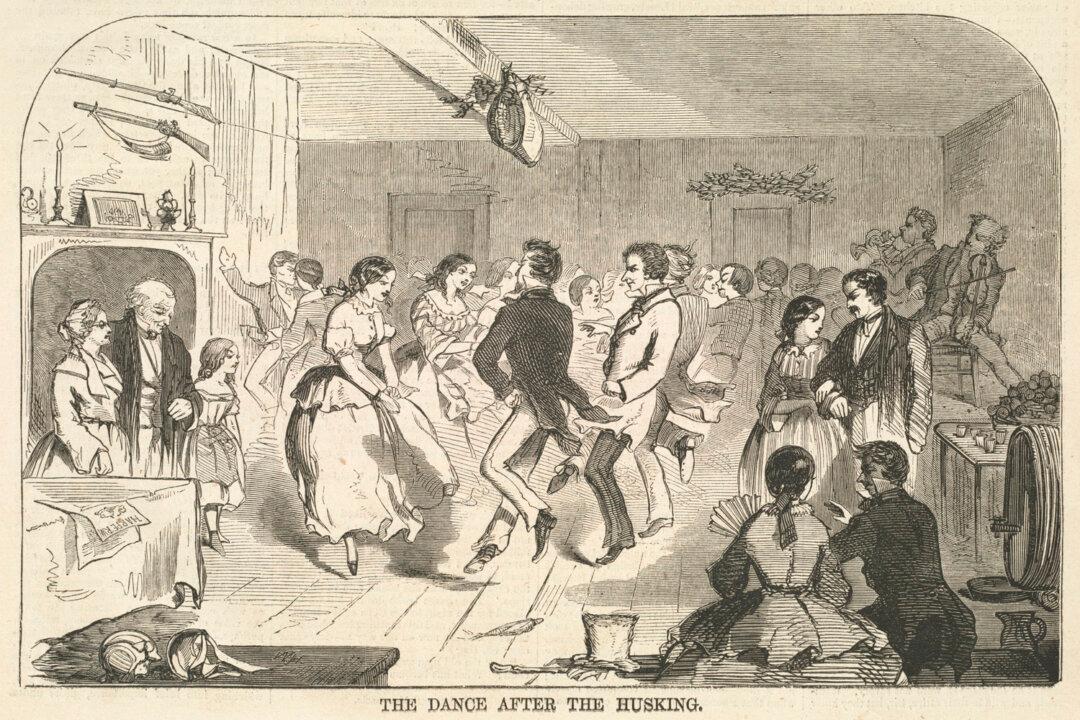Of all our American poets, surely Stephen Vincent Benét (1898–1943) stands in the front ranks of those who wrote about our country’s past. “John Brown’s Body,” his 1928 epic about the Civil War, won him a Pulitzer, as did his posthumously published “Western Star,” his long narrative poem about pioneers and the settlement of the United States.
Many of his shorter poems about our country also won him garlands of praise and an audience. With his wife, Rosemary Carr, he wrote “A Book of Americans,” which is a collection of verse for children featuring Pocahontas, Columbus, Jesse James, Daniel Boone, and many more. His “American Names” remains a popular verse today with its signature last line, “Bury my heart at Wounded Knee.”






